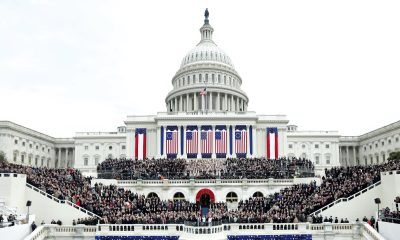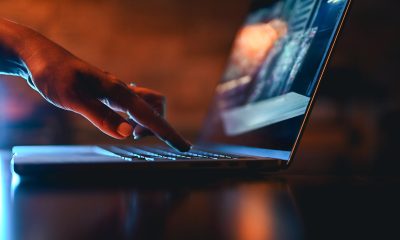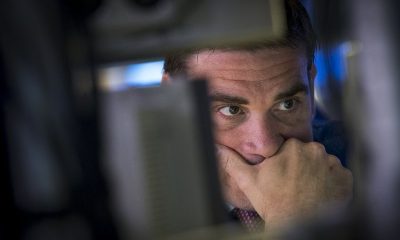Investing
Jury orders Tesla to pay $3.2 million to Black ex-worker in US race bias case
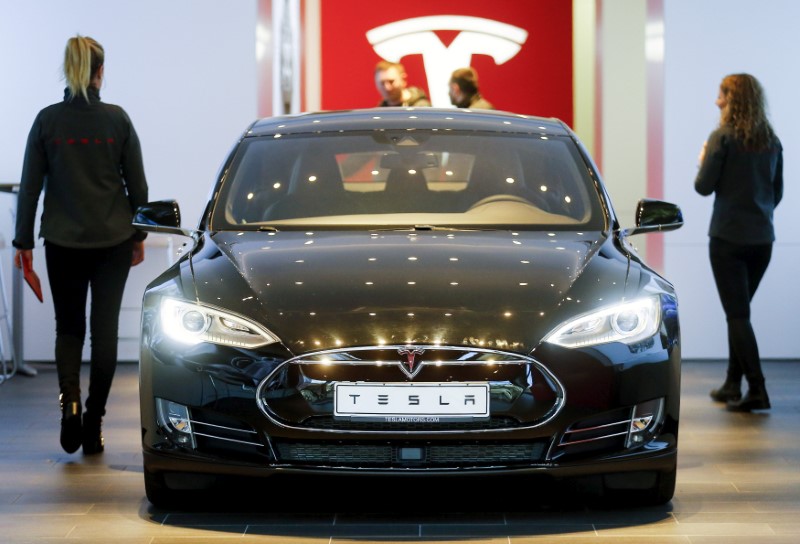
© Reuters. FILE PHOTO: A Tesla vehicle drives past Tesla’s primary vehicle factory in Fremont, California, U.S. May 11, 2020. REUTERS/Stephen Lam
By Daniel Wiessner
(Reuters) -A federal jury in San Francisco on Monday ordered Tesla (NASDAQ:) Inc to pay about $3.2 million to a Black former employee after the electric-vehicle maker was found to have failed to prevent severe racial harassment at its flagship assembly plant in California.
The verdict came after a week-long trial in the 2017 lawsuit by plaintiff Owen Diaz, who in 2021 was awarded $137 million by a different jury. He opted for a new trial on damages after a judge agreed with that jury that Tesla was liable but significantly reduced the award to $15 million.
Diaz accused Tesla of failing to act when he repeatedly complained to managers that employees at the Fremont, California, factory frequently used racist slurs and scrawled swastikas, racist caricatures and epithets on walls and work areas.
The jury on Monday awarded Diaz, who worked as an elevator operator, $175,000 in damages for emotional distress and $3 million in punitive damages designed to punish unlawful conduct and deter it in the future.
Bernard Alexander, a lawyer for Diaz, urged jurors during closing statements on Friday to award him nearly $160 million in damages, and send a message to Tesla and other large companies that they will be held accountable for failing to address discrimination.
“Mr. Diaz’s outlook on the world has been permanently changed,” Alexander said. “That is what happens when you take away a person’s safety.”
Tesla’s lawyer, Alex Spiro, countered that Diaz was a confrontational worker who had exaggerated his claims of emotional distress, and said his lawyers failed to show any serious, long-lasting damage caused by Tesla.
“They’re just throwing numbers up on the screen like this is some kind of game show,” Spiro said.
Tesla and lawyers for Diaz did not immediately respond to requests for comment on the verdict. The company has said it does not tolerate workplace discrimination and takes worker complaints seriously.
Diaz testified last week, tearfully recounting various incidents during the nine months that he worked at the Fremont factory. Diaz said the job made him anxious and strained his relationship with his son, who also worked at the plant.
Lawyers for Tesla highlighted what they said were inconsistencies in Diaz’s testimony and repeatedly raised the fact that he did not lodge written complaints to supervisors. Diaz testified that he verbally complained to managers numerous times and discussed his complaints with Tesla human resources officials.
The EV maker is facing similar claims of tolerating race discrimination at the Fremont plant and other workplaces in a pending class action by Black workers, a separate case from a California civil rights agency, and multiple cases involving individual workers. The company has denied wrongdoing in those cases.
Diaz had sued Tesla for violating a California law that prohibits employers from failing to address hostile work environments based on race or other protected traits.
The first jury in 2021 awarded Diaz $7 million in damages for emotional distress and a staggering $130 million in punitive damages. The award was one of the largest in an employment discrimination case in U.S. history.
U.S. District Judge William Orrick last year agreed with the jury that Tesla had broken the law, but said the award was excessive and cut it to $15 million. The U.S. Supreme Court has said punitive damages typically should be no more than 10 times compensatory damages.
Orrick said Diaz had worked at the factory for only nine months and had not alleged any physical injury or illness warranting a higher award.
On Friday, Orrick denied a motion by Diaz’s lawyers for a mistrial. They claimed Tesla’s legal team violated Orrick’s bar on introducing new evidence in the retrial by questioning Diaz and other witnesses about incidents where he allegedly made racist or sexual comments.
Orrick said those questions were related to other incidents discussed in the first trial, and that Diaz’s lawyers had not shown that the questioning prejudiced the jury.
Read the full article here

-
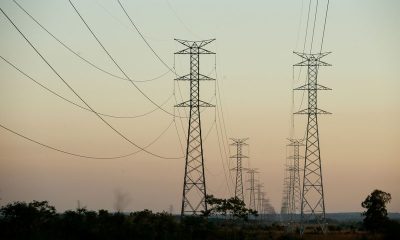
 Investing6 days ago
Investing6 days agoMoldova breakaway region to face new power cuts on Saturday, officials say By Reuters
-
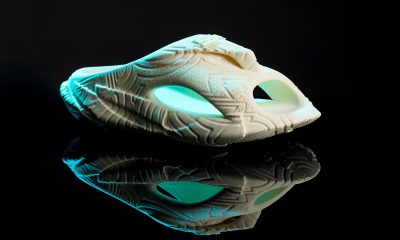
 Investing6 days ago
Investing6 days agoReebok Co-Founder Backs Syntilay’s New AI, 3D-Printed Shoe
-

 Side Hustles6 days ago
Side Hustles6 days agoHow to Survive High-Demand Seasons Without Losing Customers
-

 Side Hustles4 days ago
Side Hustles4 days ago5 Things That Could Significantly Impact Your Company in 2025
-

 Investing4 days ago
Investing4 days agoNFI Group surge after board reshaped with new appointments, chairperson By Investing.com
-
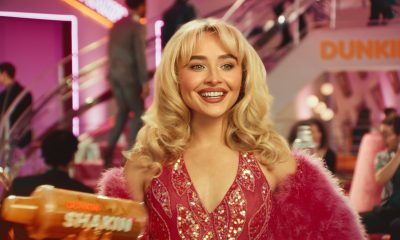
 Side Hustles6 days ago
Side Hustles6 days agoShake It Up — Dunkin’ Debuts Star-Backed Winter Menu
-

 Make Money6 days ago
Make Money6 days ago9 Easy Steps to Begin Your Gold Investment Journey
-

 Side Hustles5 days ago
Side Hustles5 days agoHow Failing 22 Times Paved the Way to My Success



